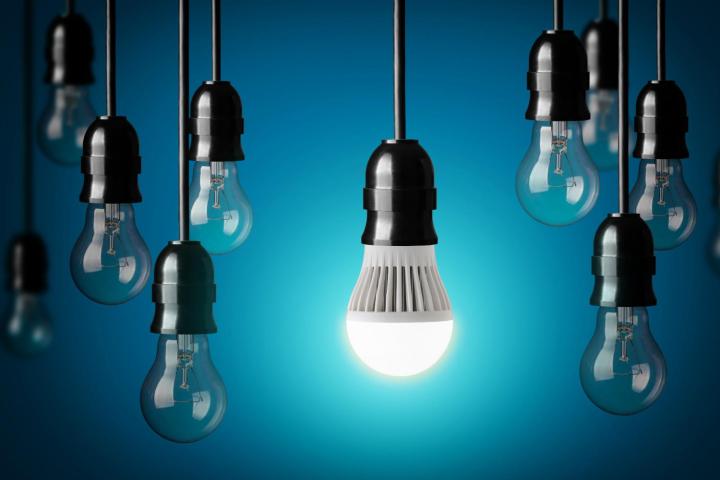
Led by Professor Maite Brandt-Pearce, of the Charles L. Brown Department of Electrical and Computer Engineering, the project uses light waves from LEDs to send signals, faster than a standard Internet connection, to devices.
“We can transmit more data without using any additional energy,” Brandt-Pearce tells Phys.org. “As more light fixtures get replaced with LED lights, you can have different access points to the same network.”
Don’t ditch your router just yet, though. “This is not a replacement for Wi-Fi; it’s an augmentation,” said Brandt-Pearce. “Researchers have called it ‘Li-Fi.’ Our modulation can be used in any optical device, so this has the potential for widespread use and much better access than present Wi-Fi based on radio waves.” Brandt-Pearce also notes the connection would be secure in a windowless room, as the light waves can’t penetrate an opaque surface. However, this in turns means that the signal could be interrupted if something blocks the transmitting bulb.
Brandt-Pearce’s former student, Mohammad Noshad, who’s currently a postdoc at Harvard, is also working on the project. Noshad imagines the technology in light bulbs being used both for homes and in LED panels for bigger spaces, like stores and airports.
Noshad, who together with Brand-Pearce and the university filed a related patent application, has started a company, VLNComm, and has begun working on a prototype of a desk lamp that connects to the Internet via light waves. Part of the appeal is that bulbs or panels could easily replace those already in existence. Another bonus is that the light waves would be welcome in places where radio waves are not, like hospitals.
Brandt-Pearce sees potential for these LEDs to impact the Internet of Things, too: “Your alarm clock can communicate with your coffee maker that it is time to start making the coffee. Anything with an LED can talk to anything else with an LED. You don’t need a separate transmitter because you are not using radio waves.”


